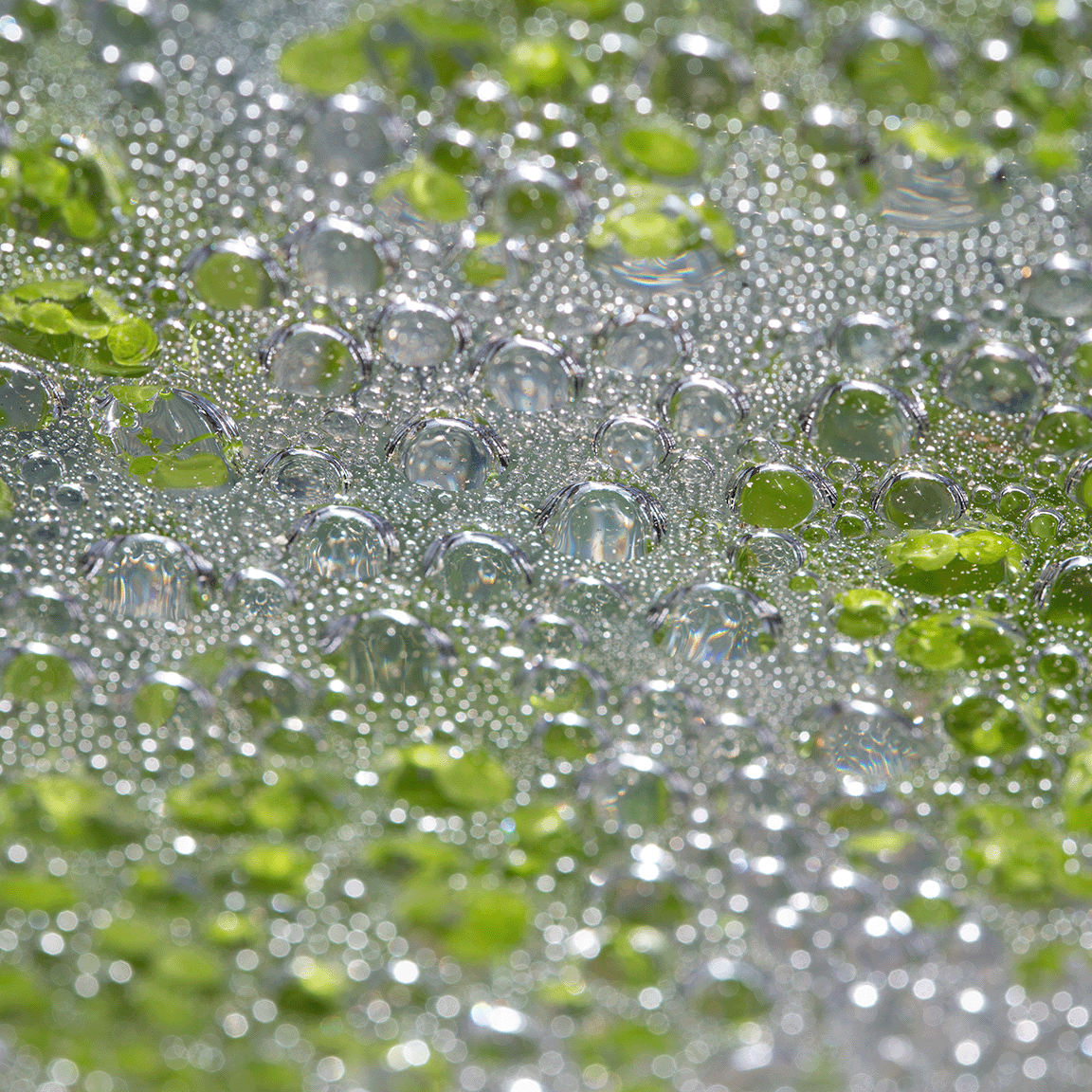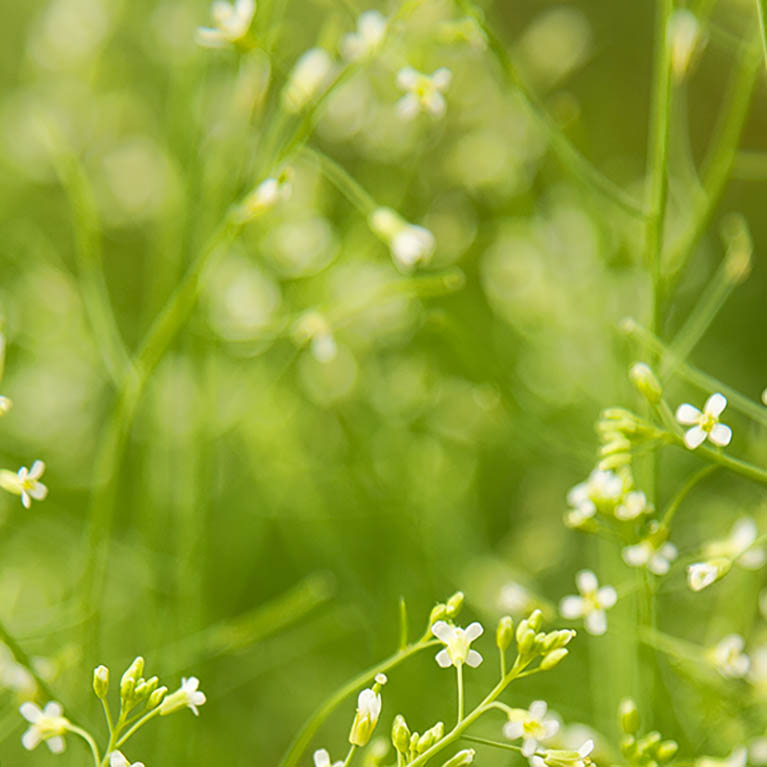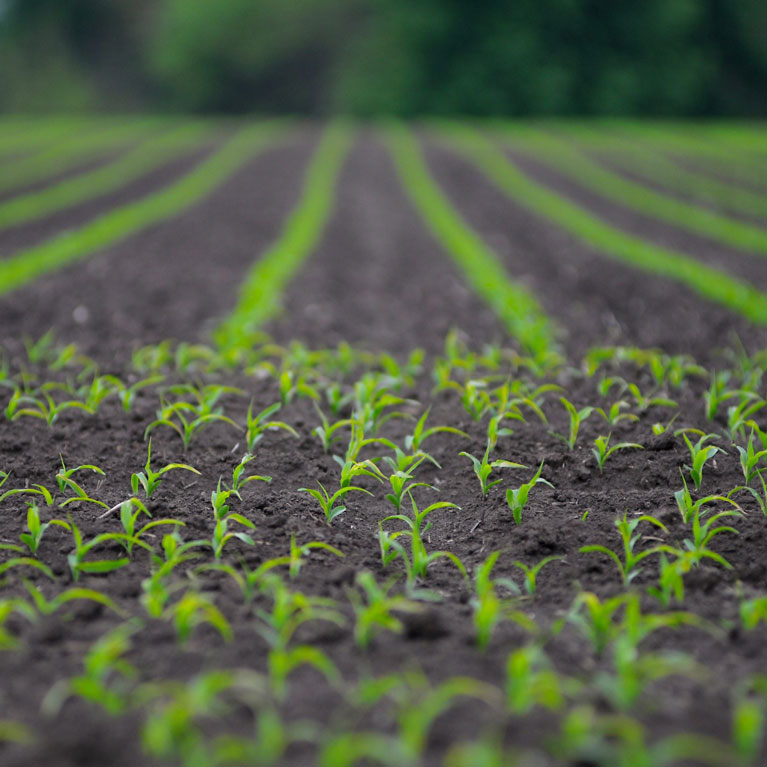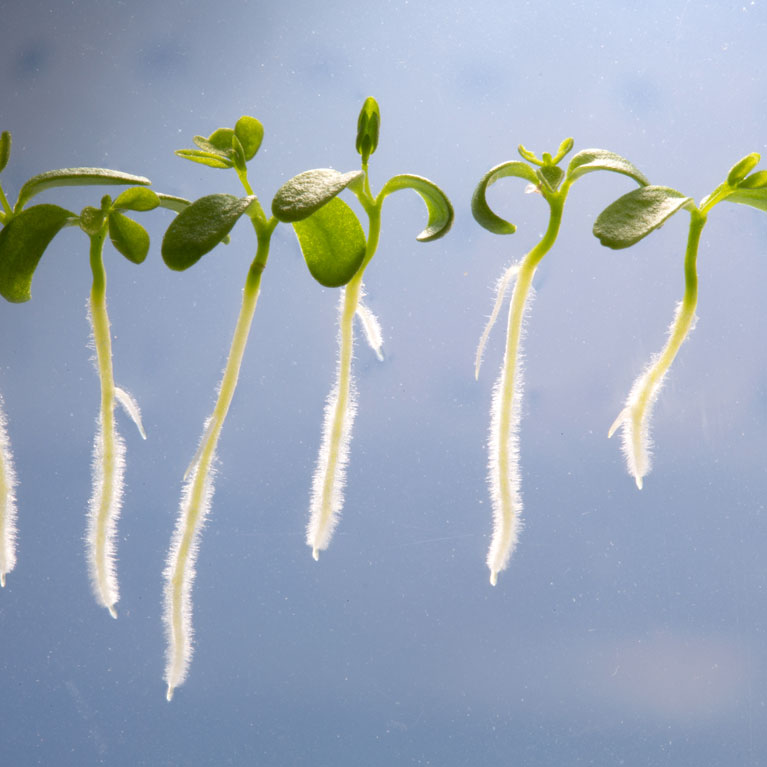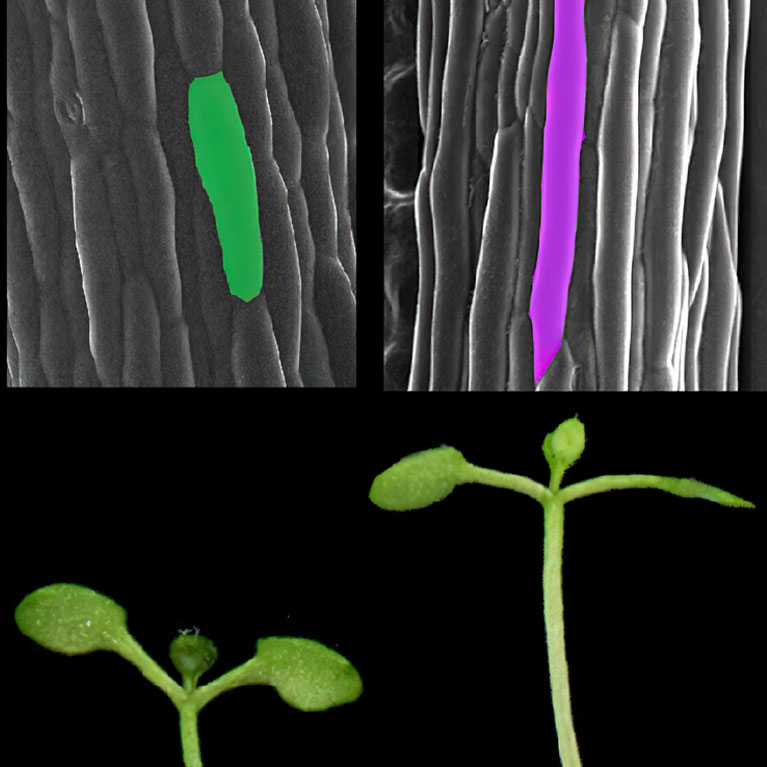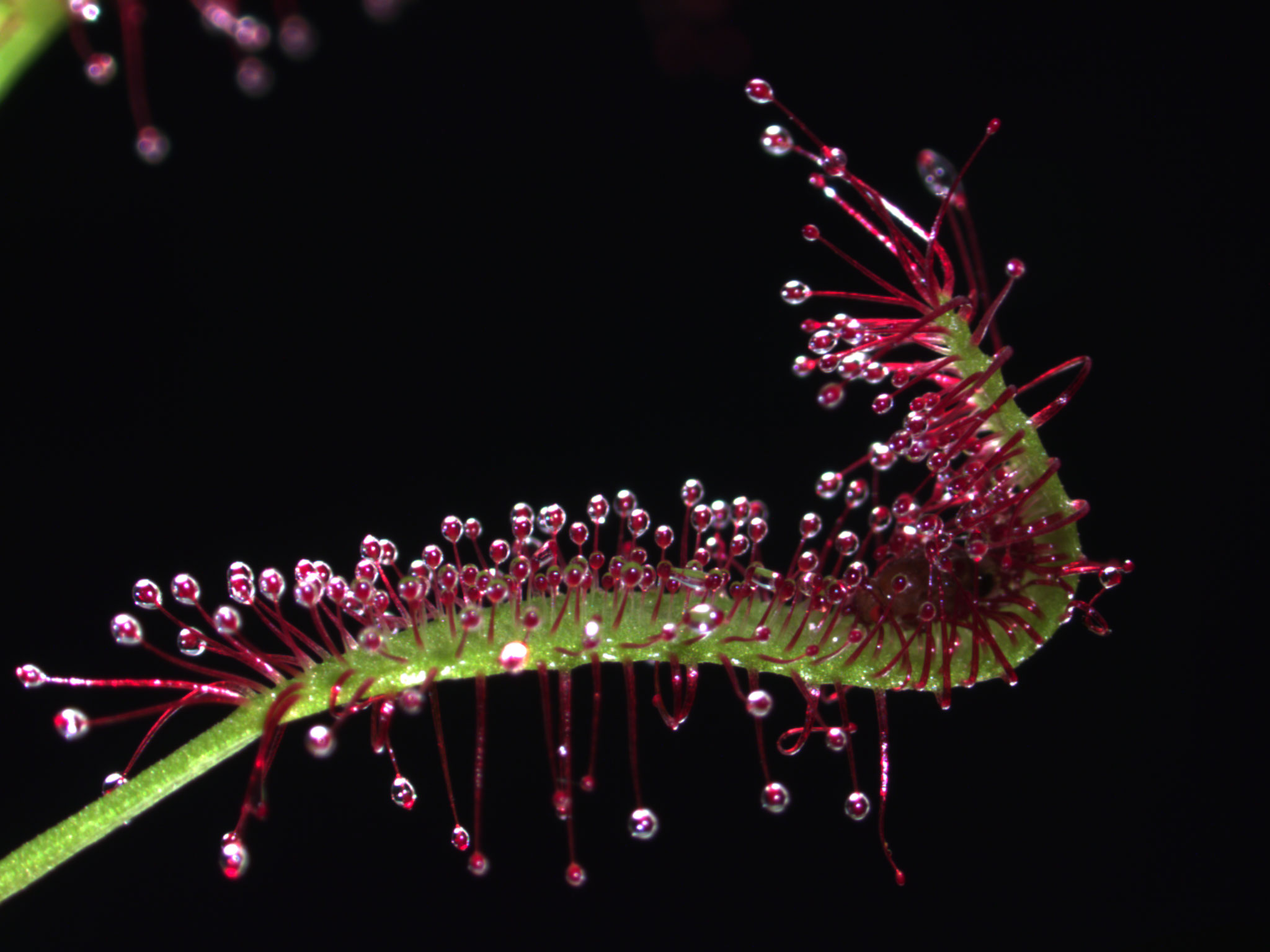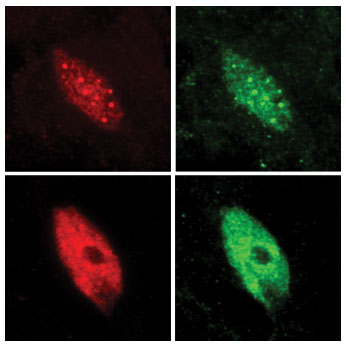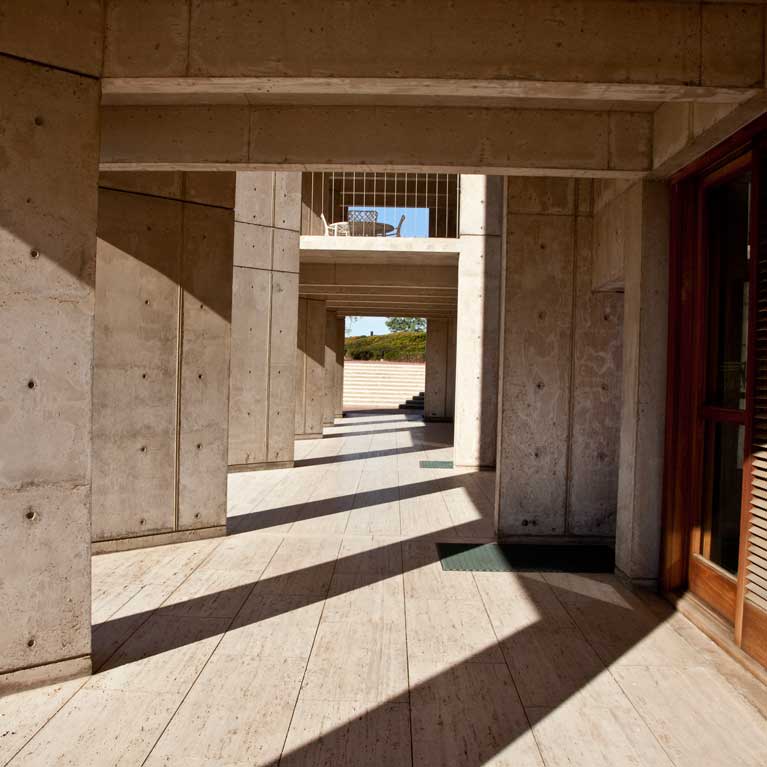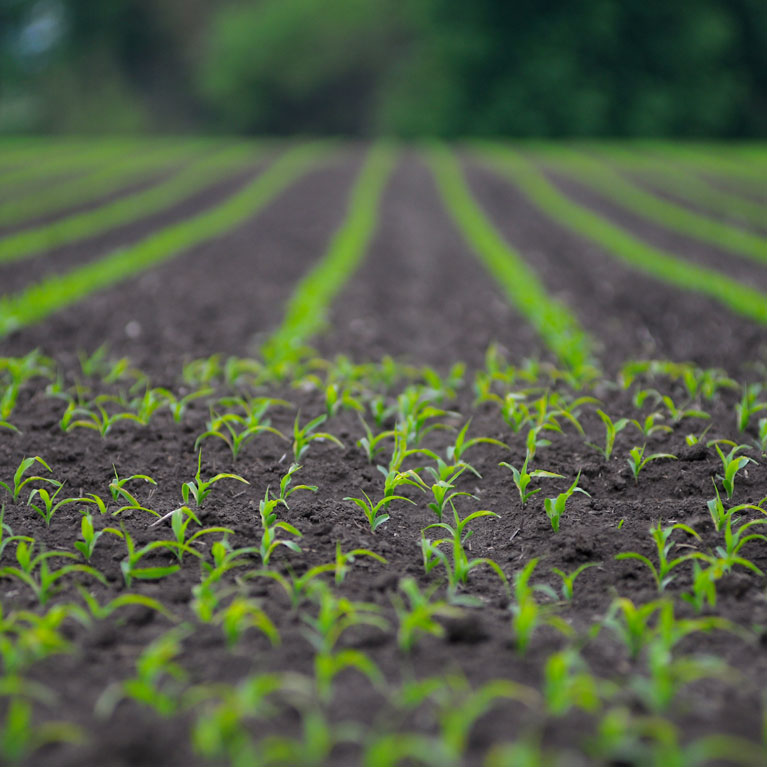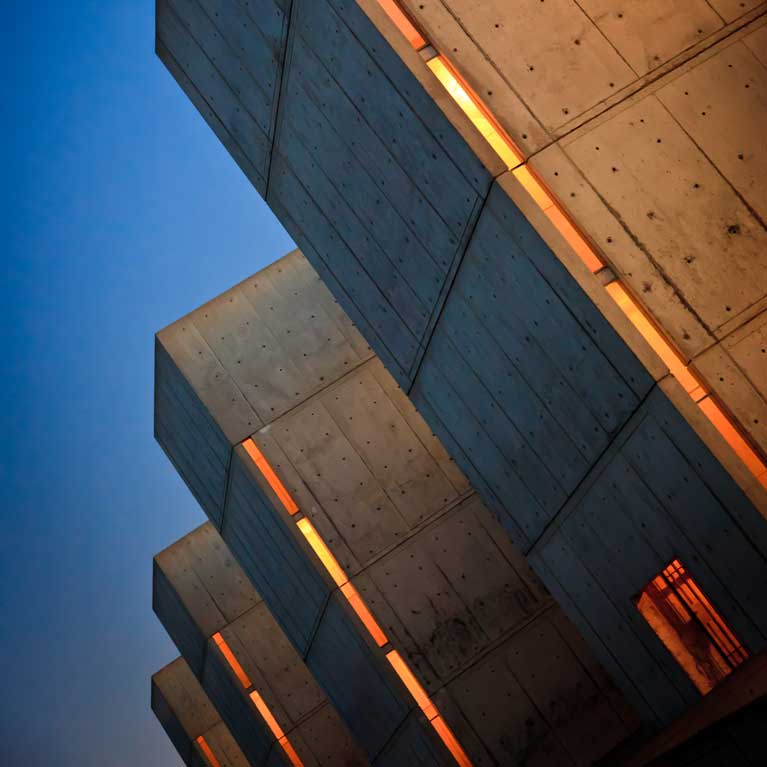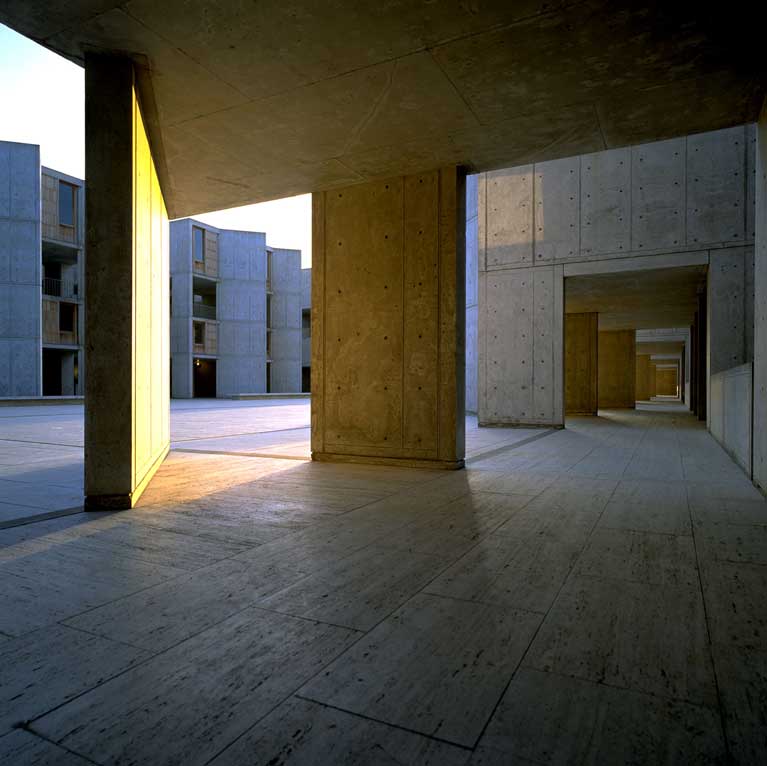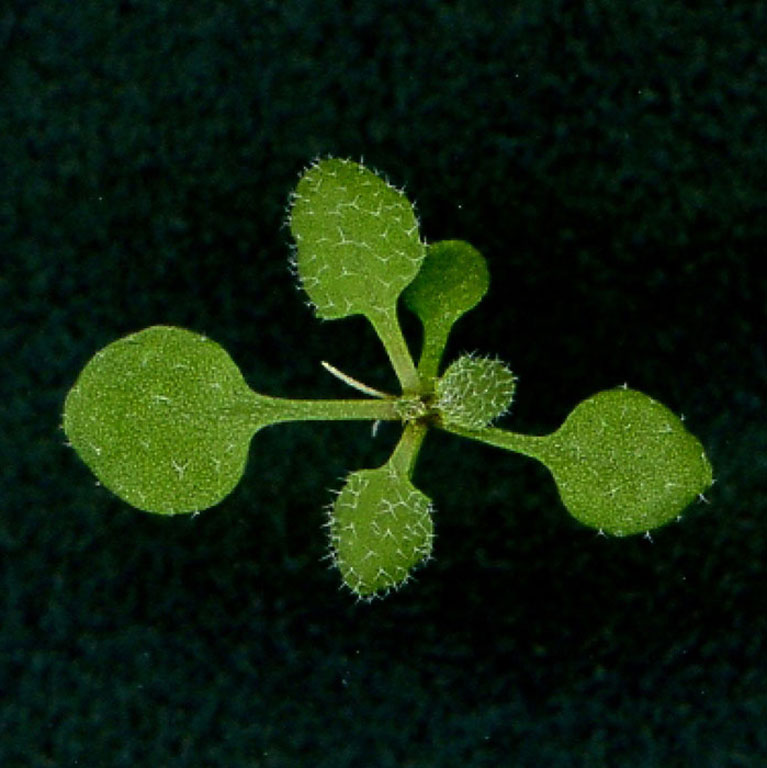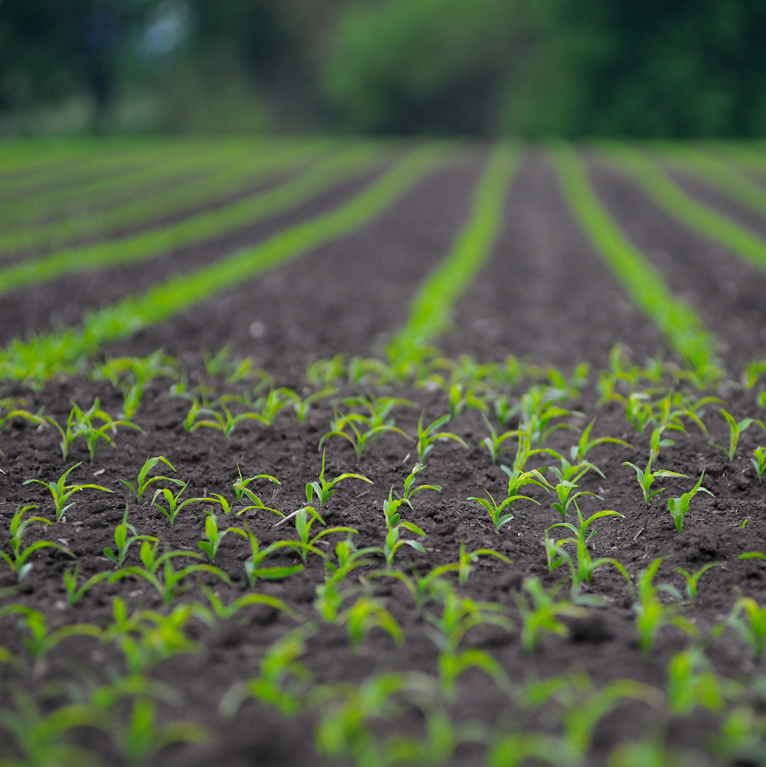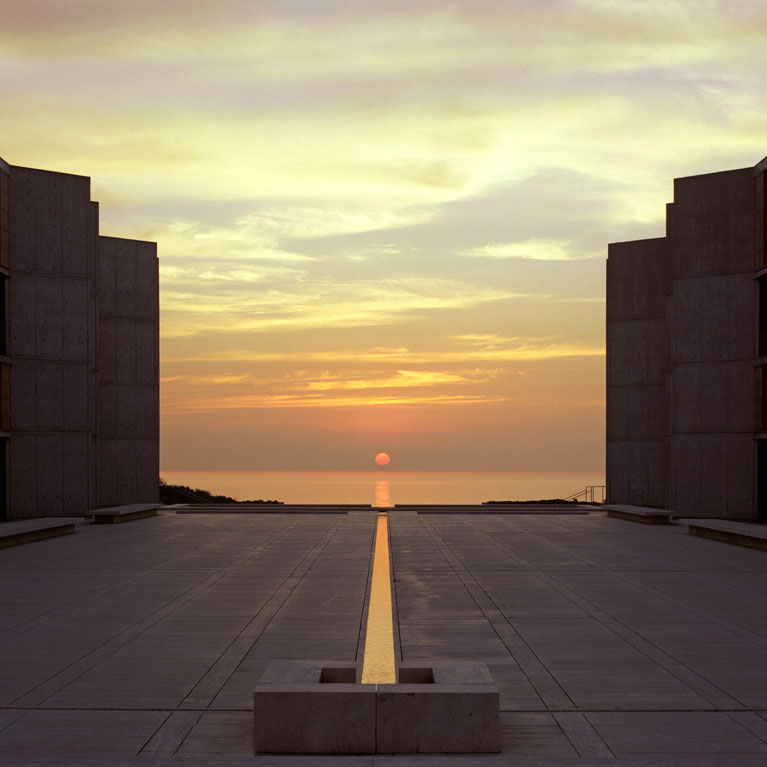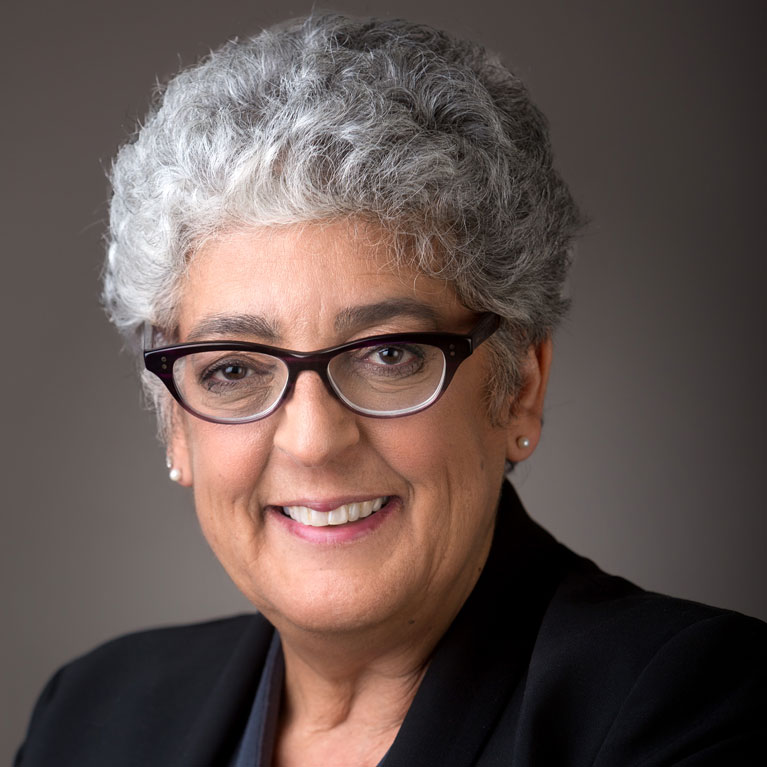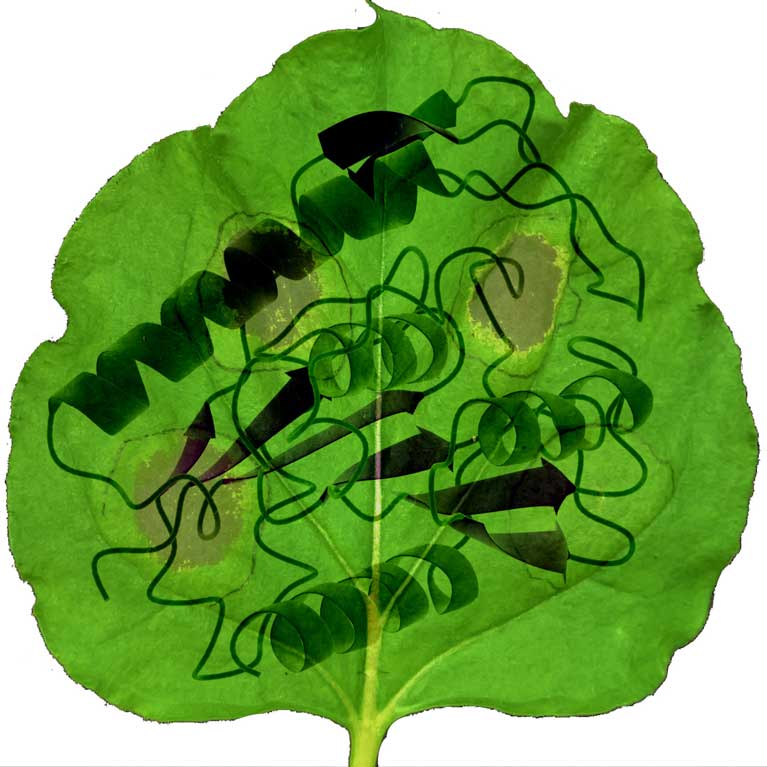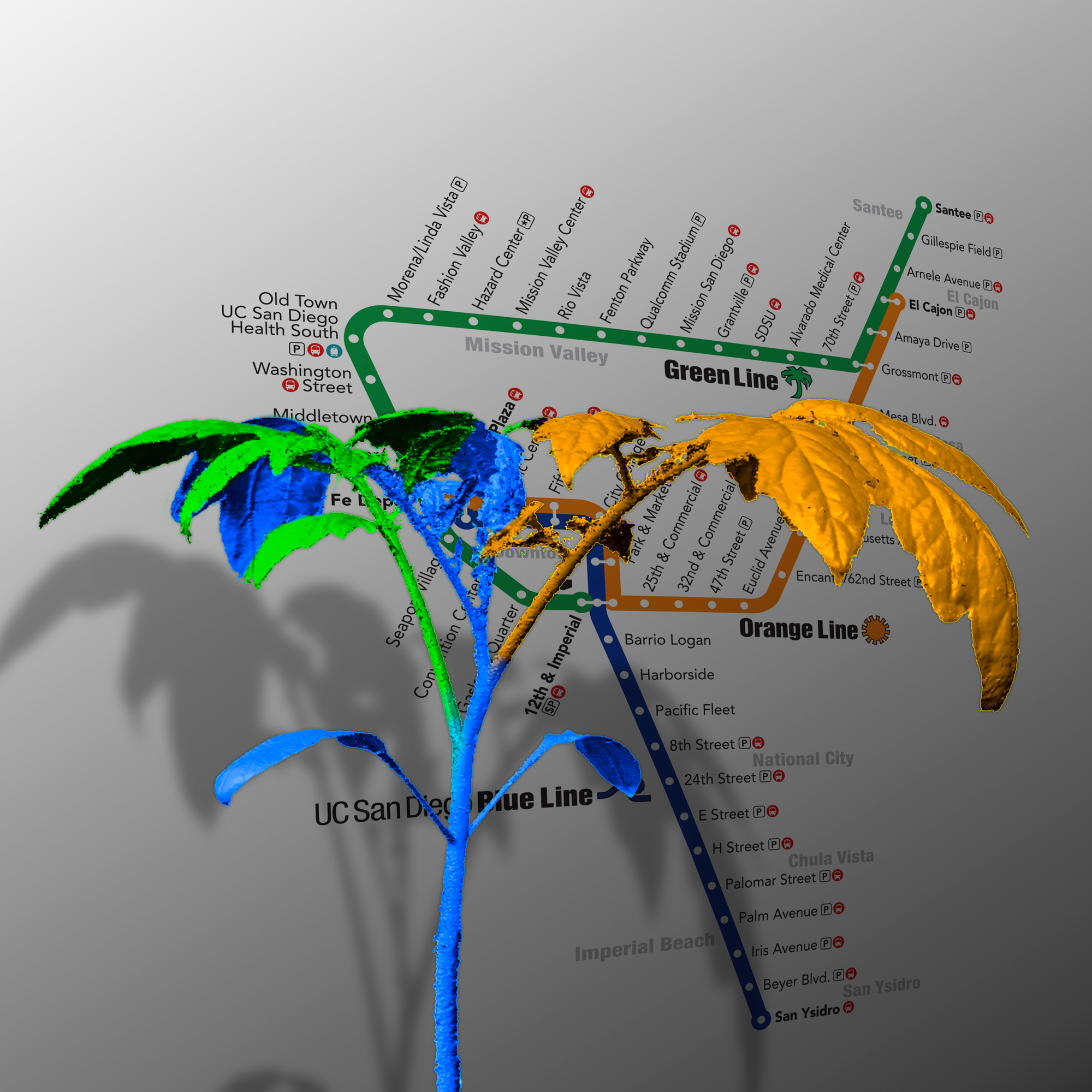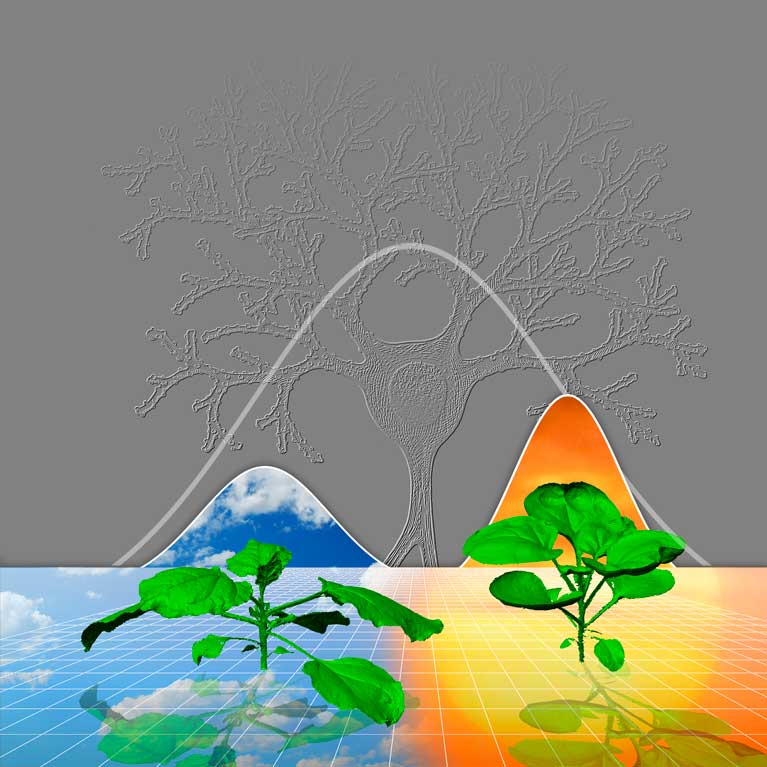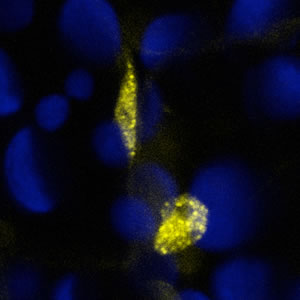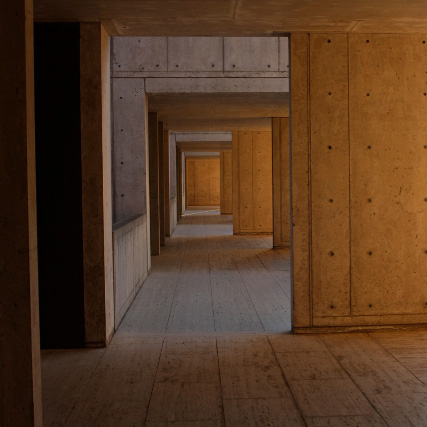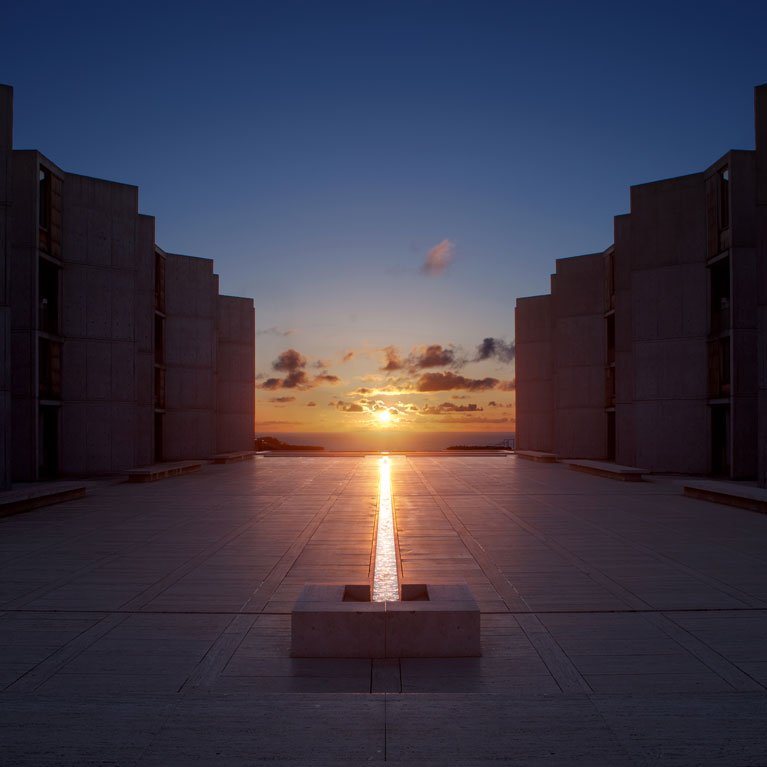News
Joanne Chory, Salk Institute professor and pioneering plant biologist, dies at age 69
LA JOLLA—Salk Professor Joanne Chory, one of the world’s preeminent plant biologists who led the charge to mitigate climate change with plant-based solutions, died on November 12, 2024, at the age of 69 due to complications from Parkinson’s disease. She was diagnosed with Parkinson’s in 2004 and, despite the challenges, continued to lead her research team until the time of her death.
Salk Professor Joanne Chory named 2024 Wolf Prize Laureate in Agriculture
LA JOLLA—Salk Institute Professor Joanne Chory has been selected by the Wolf Foundation to receive a 2024 Wolf Prize in the field of agriculture for her “key discoveries on plant developmental biology of relevance for crop improvements.” The award is endowed annually to scientists and artists worldwide for their “outstanding achievements in advancing science and the arts for the betterment of humanity.”
Salk Professor Joanne Chory honored with Benjamin Franklin Medal in Life Science
LA JOLLA—Salk Institute Professor Joanne Chory has been selected by the Franklin Institute in Philadelphia to receive a Benjamin Franklin Medal in Life Science for her achievements in plant science. She will receive a 14-karat gold medal and a $10,000 honorarium at the Franklin Institute Awards Ceremony in April 2024. Chory joins other extraordinary scientists and engineers as a Franklin laureate, including Nikola Tesla, Marie and Pierre Curie, Thomas Edison, Albert Einstein, and Jane Goodall, among others.
Salk Institute receives $50 million from Hess Corporation to mitigate climate change through plant science
LA JOLLA—Hess Corporation is donating $50 million to the Salk Institute’s Campaign for Discovery: The Power of Science, a seven-year, $750 million comprehensive fundraising campaign to attract the people and build the technology and space necessary to accelerate critical research. This gift will specifically advance Salk’s Harnessing Plants Initiative—an effort to mitigate climate change by optimizing plants and supporting wetlands to increase capture of excess atmospheric carbon—and provide vital infrastructure for this work by establishing the new Hess Center for Plant Science.
Salk Institute Professors Joanne Chory and Wolfgang Busch to speak at PlantACT!
LA JOLLA—PlantACT! Plants for Climate Action, a European initiative founded to unite plant science experts in the effort to mitigate climate change, will welcome Salk Professors Joanne Chory and Wolfgang Busch to an upcoming two-day event in New York City. The event, called Growing a Resilient Society and hosted by the University of Cologne New York Office and partners, will feature a free public panel discussion with Chory and an invite-only experts’ workshop research presentation by Busch.
Ten Salk professors named among best and most highly cited researchers in the world
LA JOLLA—Salk Professors Joseph Ecker, Ronald Evans, Rusty Gage, Christian Metallo, Satchidananda Panda, Reuben Shaw, and Kay Tye, along with Assistant Professor Jesse Dixon, have been named to the Highly Cited Researchers list by Clarivate. This year’s list includes 6,938 researchers from 69 countries and identifies researchers who demonstrate “significant influence in their chosen field or fields through the publication of multiple highly cited papers.” Ecker and Gage have been named to this list every year since 2014, when the regular annual rankings began. Joseph Nery, a research assistant II in the Ecker lab, was also included on the list.
How light and temperature work together to affect plant growth
LA JOLLA—Plants lengthen and bend to secure access to sunlight. Despite observing this phenomenon for centuries, scientists do not fully understand it. Now, Salk scientists have discovered that two plant factors—the protein PIF7 and the growth hormone auxin—are the triggers that accelerate growth when plants are shaded by canopy and exposed to warm temperatures at the same time.
The best offense is a great defense for some carnivorous plants
LA JOLLA–Insect-eating plants have fascinated biologists for more than a century, but how plants evolved the ability to capture and consume live prey has largely remained a mystery. Now, Salk scientists, along with collaborators from Washington University in St. Louis, have investigated the molecular basis of plant carnivory and found evidence that it evolved from mechanisms plants use to defend themselves.
Six Salk professors named among most highly cited researchers in the world
LA JOLLA—Salk Professors Joanne Chory, Joseph Ecker, Rusty Gage, Satchidananda Panda, Reuben Shaw and Kay Tye have been named to the Highly Cited Researchers list by Clarivate. The list identifies researchers who demonstrate “significant influence in their chosen field or fields through the publication of multiple highly cited papers.” Chory, Ecker and Gage have been named to this list every year since 2014, when the regular annual rankings began. This is Tye’s fifth, Shaw’s third and Panda’s first time receiving the designation. Additionally, Ecker appeared in two separate categories: “plant and animal science” and “molecular biology and genetics” and is one of 3.4 percent of researchers selected in two fields. Joseph Nery, a research assistant II in the Ecker lab, was also included on the list.
How plants quickly adapt to shifting environmental conditions
LA JOLLA—Scientists—and gardeners—have long known that plants grow taller and flower sooner when they are shaded by close-growing neighbors. Now, for the first time, researchers at the Salk Institute have shown the detailed inner workings of this process.
New protein helps carnivorous plants sense and trap their prey
LA JOLLA—The brush of an insect’s wing is enough to trigger a Venus flytrap to snap shut, but the biology of how these plants sense and respond to touch is still poorly understood, especially at the molecular level. Now, a new study by Salk and Scripps Research scientists identifies what appears to be a key protein involved in touch sensitivity for flytraps and other carnivorous plants.
Five Salk professors named among most highly cited researchers in the world
LA JOLLA—Salk Professors Joanne Chory, Joseph Ecker, Rusty Gage, Reuben Shaw and Kay Tye have been named to the Highly Cited Researchers list by Clarivate. The list identifies researchers who demonstrate “significant influence in their chosen field or fields through the publication of multiple highly cited papers.” Professors Chory, Ecker and Gage have been named to this list every year since 2014, when the regular annual rankings began. This is Professor Tye’s fourth consecutive time and Professor Shaw’s second consecutive time receiving the designation. Joseph Nery, a research assistant II in the Ecker lab, was also included on the list.
Salk Institute and Sempra Energy announce project to advance plant-based carbon capture and storage research
SAN DIEGO and LA JOLLA—The Salk Institute and Sempra Energy (NYSE: SRE) today announced a new project to advance plant-based carbon capture and sequestration research, education and implementation to help address the climate crisis. Sempra Energy is donating $2 million to the Salk Institute to help fund the five-year project.
Joanne Chory wins the 2020 Pearl Meister Greengard Prize
Joanne Chory, who pioneered the application of molecular genetics to plant biology and transformed our understanding of photosynthesis, will receive the 2020 Pearl Meister Greengard Prize, Rockefeller’s preeminent award recognizing outstanding women scientists. Chory is the Howard H. and Maryam R. Newman Chair in Plant Biology and director of the Plant Molecular and Cellular Biology Laboratory at The Salk Institute. She is also a Howard Hughes Medical Institute Investigator. Frances Beinecke, former president of the Natural Resources Defense Council, will present the prize in a virtual ceremony hosted by Rockefeller on October 22.
The Salk Institute to receive $12.5 million gift from Hess Corporation to accelerate development of plant-based carbon capture and storage
LA JOLLA—Salk’s Harnessing Plants Initiative (HPI) will receive a $12.5 million gift from Hess Corporation (NYSE: HES) to advance two projects to enhance plants’ natural ability to store carbon and mitigate the effects of climate change: the CRoPS (CO2 Removal on a Planetary Scale) program and the Coastal Plant Restoration (CPR) program. These projects build on the Salk discovery of a crucial gene that will help the team develop plants with larger root systems capable of absorbing and storing potentially billions of tons of carbon per year from the atmosphere.
Eight Salk professors named among most highly cited researchers in the world
LA JOLLA—Salk Professors Joanne Chory, Joseph Ecker, Ronald Evans, Rusty Gage, Juan Carlos Izpisua Belmonte, Terrence Sejnowski, Reuben Shaw and Kay Tye have been named to the Highly Cited Researchers list by Clarivate Analytics. The list selects researchers for demonstrating “significant and broad influence” reflected by the production of multiple highly cited papers that rank in the top 1 percent by citations for field and year.
Salk Institute hits play on new podcast series
LA JOLLA—A new podcast series called Where Cures Begin launches this week and features one-on-one conversations with Salk researchers working at the forefront of their respective scientific fields, from cancer and neuroscience to plant biology, circadian science and more. The eight episodes of season 1, which will be released weekly beginning October 30, 2019, include interviews with the following Salk scientists:
Editing of RNA may play a role in chloroplast-to-nucleus communication
LA JOLLA—What will a three-degree-warmer world look like? How will plants fare in more extreme weather conditions? When experiencing stress or damage from various sources, plants use chloroplast-to-nucleus communication to regulate gene expression and help them cope.
Salk Institute initiative to receive more than $35 million to fight climate change
LA JOLLA—The Salk Institute’s Harnessing Plants Initiative to combat climate change using plants, led by Professor Joanne Chory, executive director of the Harnessing Plants Initiative, will receive funding of more than $35 million from over 10 individuals and organizations through The Audacious Project, a highly competitive program housed at TED, the nonprofit devoted to ideas worth spreading. The collective commitments represent one of the largest gifts to a single project in the Institute’s history.
Trio of Salk scientists named among most highly cited researchers in the world
LA JOLLA—Salk Professors Joanne Chory, Joseph Ecker and Rusty Gage have once again been named to the Highly Cited Researchers list by Clarivate Analytics (formerly Thomson Reuters). The list selects researchers for “exceptional research performance” demonstrated by the production of multiple highly cited papers that rank in the top 1 percent by citations for field and year. Additionally, among the 4,058 researchers named as Highly Cited, Ecker is one of 194 researchers appearing in two separate categories: “plant and animal science,” as well as “molecular biology and genetics.”
Salk Institute’s Joanne Chory awarded prestigious Gruber Prize
LA JOLLA—Salk Institute scientist and professor Joanne Chory, one of the world’s foremost plant biologists, who is now leading efforts to combat global warming with plant-based solutions, has been awarded a 2018 Gruber Genetics Prize by the Gruber Foundation for her “groundbreaking work in identifying the basic regulatory and biochemical mechanisms underlying the development of plants.” She shares the $500,000 award with Elliot Meyerowitz of the California Institute of Technology.
Self-defense for plants
LA JOLLA—When you see brown spots on otherwise healthy green leaves, you may be witnessing a plant’s immune response as it tries to keep a bacterial infection from spreading. Some plants are more resistant to such infections than others, and plant biologists want to understand why. Salk Institute scientists studying a plant protein called SOBER1 recently discovered one mechanism by which, counterintuitively, plants seem to render themselves less resistant to infection.
Salk scientists Joanne Chory and Terrence Sejnowski named to National Academy of Inventors
LA JOLLA—Salk Institute Professors Joanne Chory and Terrence Sejnowski have been elected Fellows of the National Academy of Inventors (NAI). Chory is director of the Salk Institute’s Plant Molecular and Cellular Biology Laboratory, a Howard Hughes Medical Institute (HHMI) Investigator and holder of the Howard H. and Maryam R. Newman Chair in Plant Biology. Sejnowski is head of the Institute’s Computational Neurobiology Laboratory, an HHMI Investigator and holder of the Francis Crick Chair.
Salk Institute’s Joanne Chory awarded prestigious Breakthrough Prize in Life Sciences
La Jolla—Salk Institute scientist Joanne Chory, one of the world’s preeminent plant biologists who is now leading the charge to combat global warming with plant-based solutions, has been awarded a 2018 Breakthrough Prize for her pioneering work deciphering how plants optimize their growth, development and cellular structure to transform sunlight into chemical energy.
How plant architectures mimic subway networks
LA JOLLA—It might seem like a tomato plant and a subway system don’t have much in common, but both, it turns out, are networks that strive to make similar tradeoffs between cost and performance.
How plants grow like human brains
LA JOLLA—Plants and brains are more alike than you might think: Salk scientists discovered that the mathematical rules governing how plants grow are similar to how brain cells sprout connections. The new work, published in Current Biology on July 6, 2017, and based on data from 3D laser scanning of plants, suggests there may be universal rules of logic governing branching growth across many biological systems.
Three Salk scientists make Thomson Reuters’ list of “The World’s Most Influential Scientific Minds”
Salk Institute scientists Joanne Chory, Joseph Ecker and Rusty Gage have been named to the 2015 list of “The World’s Most Influential Scientific Minds” by Thomson Reuters.
Here comes the sun: cellular sensor helps plants find light
LA JOLLA—Despite seeming passive, plants wage wars with each other to outgrow and absorb sunlight. If a plant is shaded by another, it becomes cut off from essential sunlight it needs to survive.
Cellular damage control system helps plants tough it out
LA JOLLA–As food demands rise to unprecedented levels, farmers are in a race against time to grow plants that can withstand environmental challenges–infestation, climate change and more. Now, new research at the Salk Institute, published in Science on October 23, 2015, reveals details into a fundamental mechanism of how plants manage their energy intake, which could potentially be harnessed to improve yield.
Smoke signals: How burning plants tell seeds to rise from the ashes
LA JOLLA, CA—In the spring following a forest fire, trees that survived the blaze explode in new growth and plants sprout in abundance from the scorched earth. For centuries, it was a mystery how seeds, some long dormant in the soil, knew to push through the ashes to regenerate the burned forest.
Plants cut the mustard for basic discoveries in metabolism
LA JOLLA, CA—You might think you have nothing in common with mustard except hotdogs. Yet based on research in a plant from the mustard family, Salk scientists have discovered a possible explanation for how organisms, including humans, directly regulate chemical reactions that quickly adjust the growth of organs. These findings overturn conventional views of how different body parts coordinate their growth, shedding light on the development of more productive plants and new therapies for metabolic diseases.
Salk scientists discover how plants grow to escape shade
LA JOLLA, CA—Mild mannered though they seem, plants are extremely competitive, especially when it comes to getting their fair share of sunlight. Whether a forest or a farm, where plants grow a battle rages for the sun’s rays.
Salk professor Joanne Chory awarded 2012 Genetics Society of America Medal
LA JOLLA, CA—The Genetics Society of America(GSA) has honored Joanne Chory, Salk Institute professor and director of the Plant Molecular and Cellular Biology Laboratory and Howard H. and Maryam R. Newman Chair in Plant Biology, as the recipient of the prestigious 2012 Genetics Society of America Medal.
Plant receptors reflect different solutions for signaling problem
La Jolla—Birds do it, bees do it, and for most things biological, even plants do it. But not necessarily like their animal counterparts. A study led by Salk Institute scientists shows that a plant receptor does one of the most fundamental cellular “its”—the delivery of a hormonal signal from outside the cell to the nucleus—in a radically different way than its animal cousins. Knowing that could aid creation of techniques to speed plant growth and enhance agricultural production.
Salk professor, Joanne Chory, elected to Royal Society
LA JOLLA, CA—The Royal Society announced today that Salk Institute molecular biologist Joanne Chory, Ph.D., an expert on how plants regulate their growth, has been named a foreign member of the Royal Society, the world’s oldest scientific academy in continuous existence. She is being recognized as “a beacon of scientific excellence and relentless ambassador for plant research in the international community.”
Different evolutionary paths lead plants and animals to the same crossroads: tyrosine phosphorylation
LA JOLLA, CA—In analyzing the molecular sensor for the plant growth hormone brassinolide, researchers at the Salk Institute for Biological Studies discovered that although plants took an evolutionary path different from their animal cousins, they arrived at similar solutions to a common problem: How to reliably receive and process incoming signals.
Connecting the dots: How light receptors get their message across
LA JOLLA, CA—For a plant, light is life. It drives everything from photosynthesis to growth and reproduction. Yet the chain of molecular events that enables light signals to control gene activity and ultimately a plant’s architecture had remained in the dark. Now a team of researchers from the Salk Institute for Biological Studies and Duke University have identified the courier that gives the signal to revamp the plant’s gene expression pattern after photoreceptors have been activated by light.
Light or fight? Scientists discover how plants make tough survival choices
La Jolla, CA — Ever since insects developed a taste for vegetation, plants have faced the same dilemma: use limited resources to out-compete their neighbors for light to grow, or, invest directly in defense against hungry insects. Now, an international team of scientists at the Salk Institute for Biological Studies and the Institute of Investigaciones Fisiológicas y Ecológicas Vinculadas a la Agronomía (IFEVA) has discovered how plants weigh the tradeoffs and redirect their energies accordingly.
Biologists Identify Genes Controlling Rhythmic Plant Growth
La Jolla, CA – A team of biologists from the Salk Institute for Biological Studies, UC San Diego, and Oregon State University has identified the genes that enable plants to undergo bursts of rhythmic growth at night and allow them to compete when their leaves are shaded by other plants.
A place in the sun
La Jolla, CA – Those spindly plants that desperately try to reach for a break in the canopy formed by larger plants all suffer from the same affliction: Shade avoidance syndrome or SAS. Now, the molecular details of SAS have been brought to light by researchers at the Salk Institute for Biological Studies.
All roads lead to GUN1
La Jolla, CA – Scientists have identified three different signals that indicate damage to chloroplasts – the photosynthetic factories of plant cells that give plants their green color – but little is known about how the signal gets passed on to the nucleus. Scientists at the Salk Institute for Biological Studies made a big step towards explaining how chloroplasts let a cell’s nucleus know when things start to go wrong at the periphery so nuclear gene expression can be adjusted accordingly.
Plant size morphs dramatically as scientists tinker with outer layer
La Jolla, CA – Jack’s magical beans may have produced beanstalks that grew and grew into the sky, but something about normal, run-of-the-mill plants limits their reach upward. For more than a century, scientists have tried to find out which part of the plant both drives and curbs growth: is it a shoot’s outer waxy layer? Its inner layer studded with chloroplasts? Or the vascular system that moves nutrients and water? The answer could have great implications for modern agriculture, which desires a modern magical bean or two.
Computational analysis shows that plant hormones often go it alone
La Jolla, CA – Unlike the Three Musketeers who lived by the motto “All for one, one for all,” plant hormones prefer to do their own thing. For years, debate swirled around whether pathways activated by growth-regulating plant hormones converge on a central growth regulatory module. Now, the cooperation model is challenged by researchers at the Salk Institute for Biological Studies. They show that each hormone acts largely independently in the Aug. 11 issue of Cell.
Salk scientists untangle steroid hormone signaling in plants
La Jolla, CA – When given extra shots of the plant steroid brassinolide, plants “pump up” like major league baseball players do on steroids. Tracing brassinolide’s signal deep into the cell’s nucleus, researchers at the Salk Institute for Biological Studies have unraveled how the growth-boosting hormone accomplishes its job at the molecular level.
Salk Institute plant biologist named AAAS Fellow
La Jolla, CA – Salk Institute molecular biologist Joanne Chory, Ph.D., an expert on how plants regulate their growth, has been elected a Fellow of the world’s largest general scientific society, the American Association for the Advancement of Science (AAAS).
Plant Hormone Discovery Offers Potentially Increased Crop Yield
La Jolla, CA – Scientists at the Salk Institute for Biological Studies have filled in two significant gaps in the molecular pathway that allow plant steroid hormones to stimulate plants to be larger and more fruitful. The findings may open up the prospect of larger vegetables or increased seed yield and could have a galvanizing effect on agricultural research.
Salk Scientists Identify Pathway That Determines When Plants Flower
La Jolla, CA – Salk scientists have defined a new pathway that controls how plants flower in response to shaded, crowded conditions, and their findings may have implications for increasing yield in crops ranging from rice to wheat.
Global Plant Study by Salk Scientists Identifies Light-Adjusting Gene
La Jolla, CA – In the first global survey of its kind, scientists at The Salk Institute have isolated a genetic switch that controls how plants growing at different latitudes respond to light. The variation ensures that plants in northern climes near the poles, for example, are more sensitive to light than their counterparts closer to the equator.
First Plant Genome Sequenced: Salk Scientists Part Of International Effort
La Jolla, CA – The first complete genome sequence of a plant appears in the current issue of Nature. Salk Professor Joseph R. Ecker, co-director of one of six contributing sequencing groups, expects the sequence to greatly accelerate efforts to improve the yield and hardiness of crop plants.
Plant “DWARF” Gene Found By Salk Scientists
La Jolla, CA – Manicuring golf courses and the ritual mowing of suburban lawns may soon be relegated to history with the discovery of a new “dwarf” gene that limits plant stem length.

